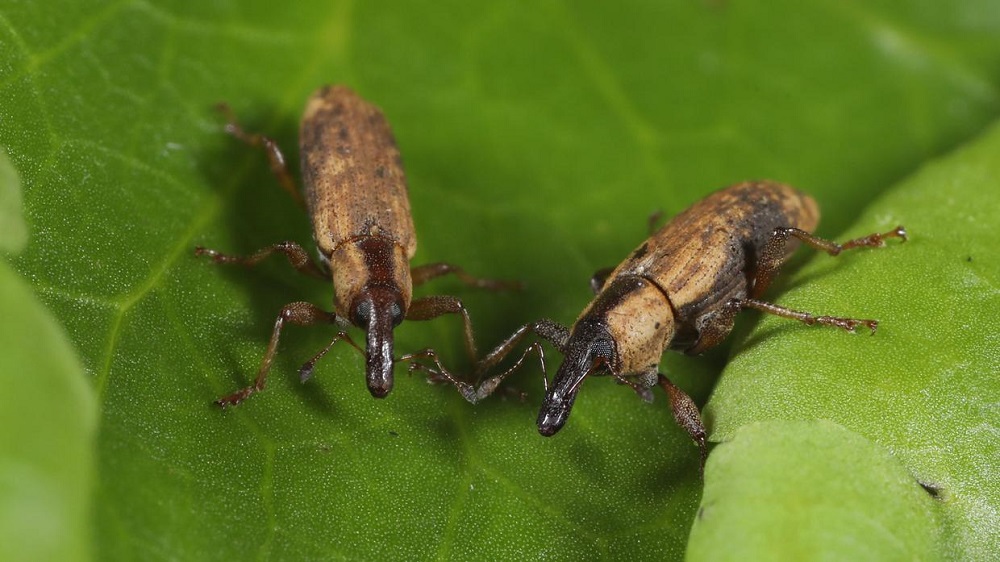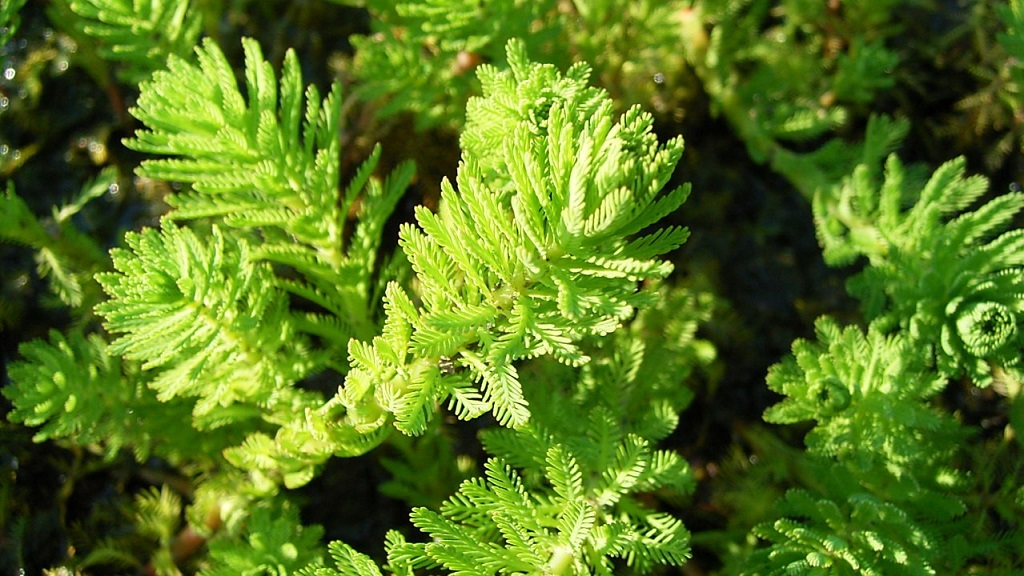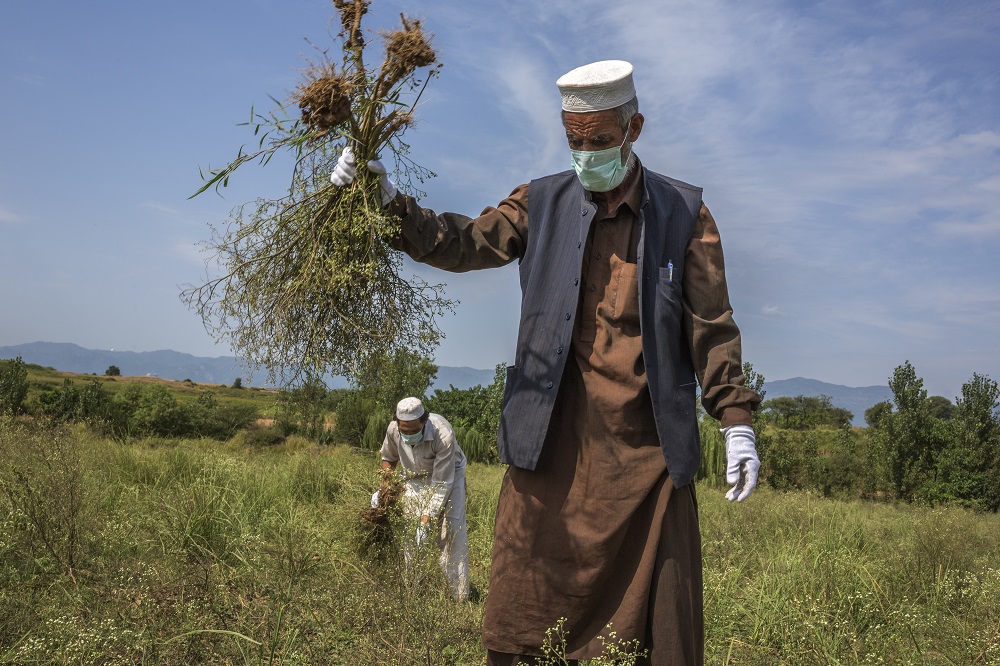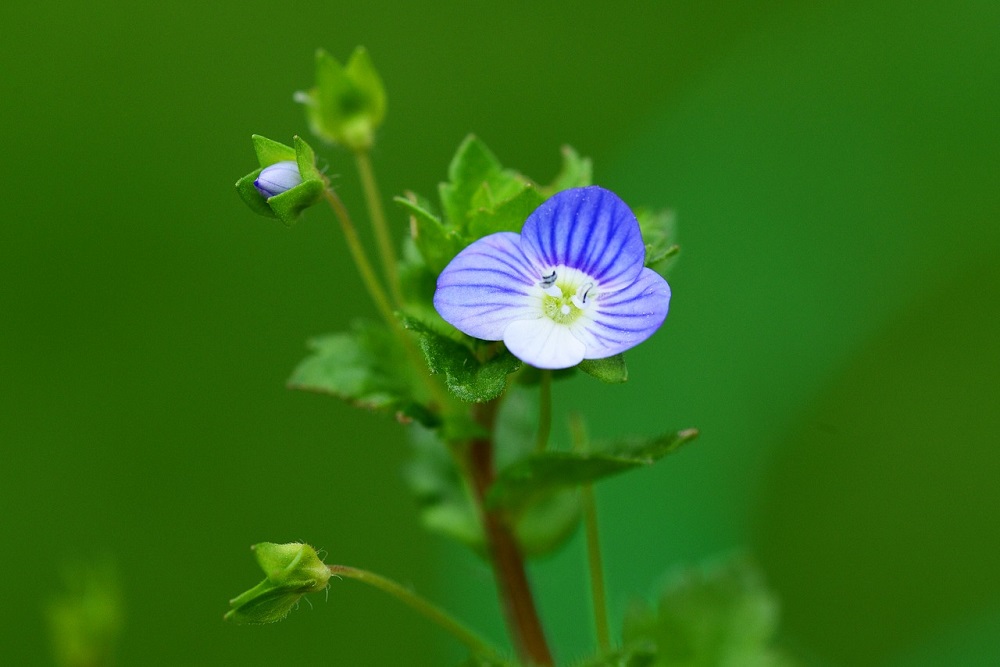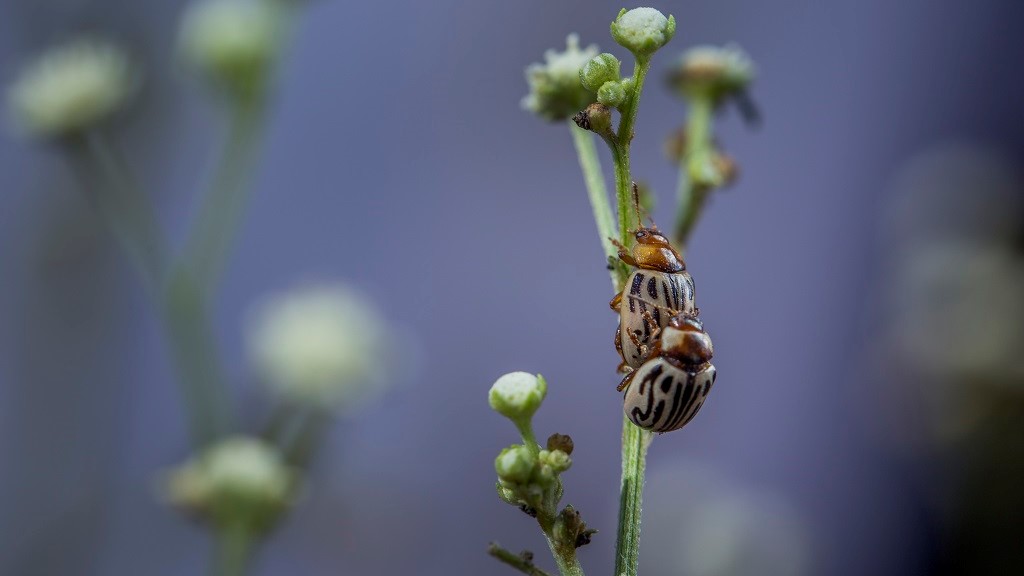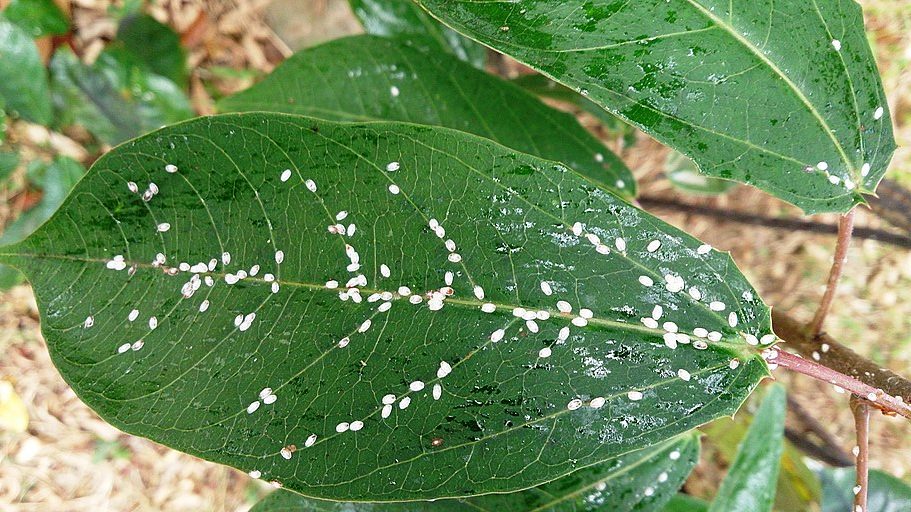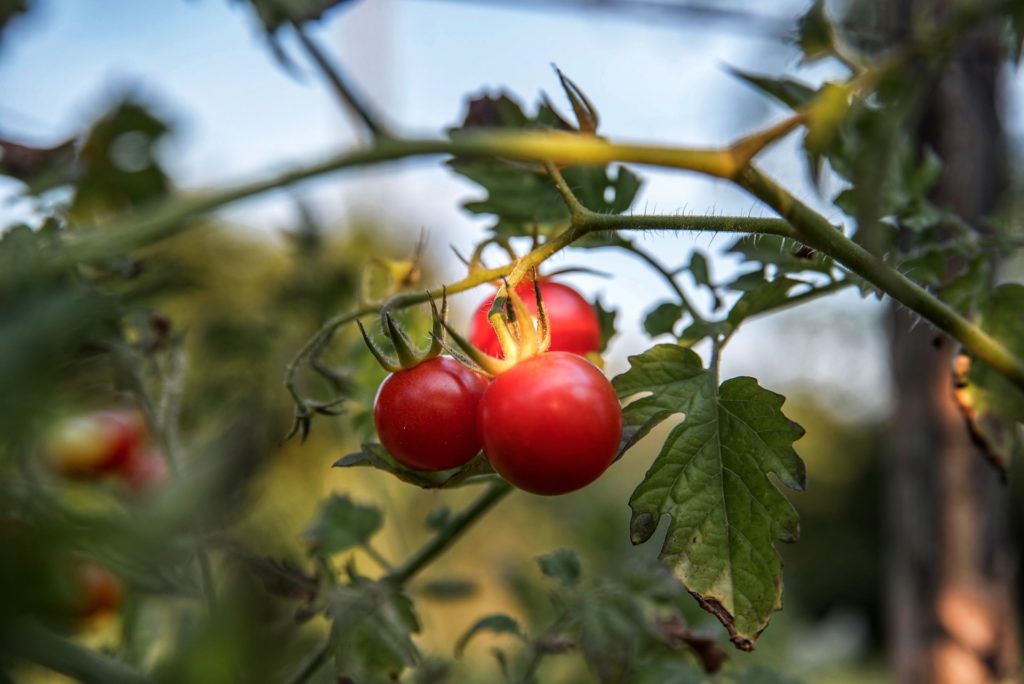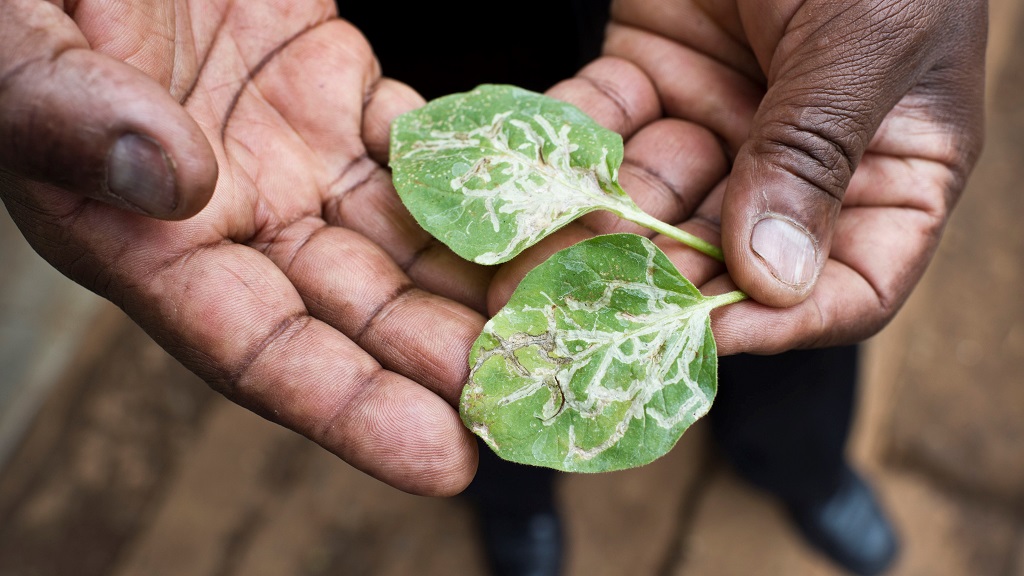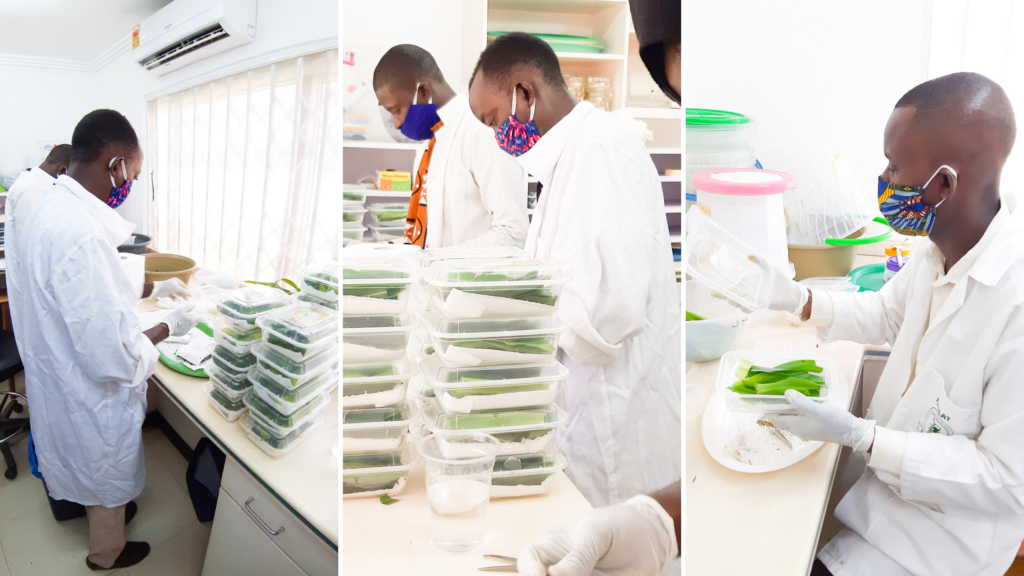Ruffling parrot’s feathers: the biological control of Myriophyllum aquaticum
Myriophyllum aquaticum, commonly known as parrot’s feather, is an invasive aquatic weed. It can have roots underwater in depths of up to 1.5 metres with shoots that appear 20-50cm above the water surface. This makes it both a submerged and emergent plant. It is native to South America but is a popular garden and aquarium…
Endophyte may protect tomatoes from Tuta absoluta pest attack
Successful colonization of tomato seedlings with Beauveria bassiana fungus could reduce crop losses Trials in Brazil suggest seedling inoculation with the entomopathogenic fungus Beauveria bassiana could be a viable commercial option for marketing pre-colonized tomato plants ‘resistant’ to the tomato leaf miner Tuta absoluta.
New paper calls for scientific diplomacy in plant health
Co-authored by leading plant health community representatives a newly-published paper calls for an international research collaboration in the fight against plant pests and diseases. The paper, published in Nature Plants, brought together 28 institutions, including CABI, and analyses new perspectives and challenges on global phytosanitary research coordination; particularly as human trade and movement continues to…
CABI refurbishes MoFA laboratory for biological control of invasive species in Ghana
Through its global Action on Invasives (AoI) programme, CABI has refurbished a laboratory housed by the Plant Protection and Regulatory Services Directorate of Ghana’s Ministry of Food and Agriculture (MoFA-PPRSD). The lab supports research efforts aimed at discovering and promoting locally practicable biological control solutions for managing invasive species in Ghana. The refurbishment consisted of…


